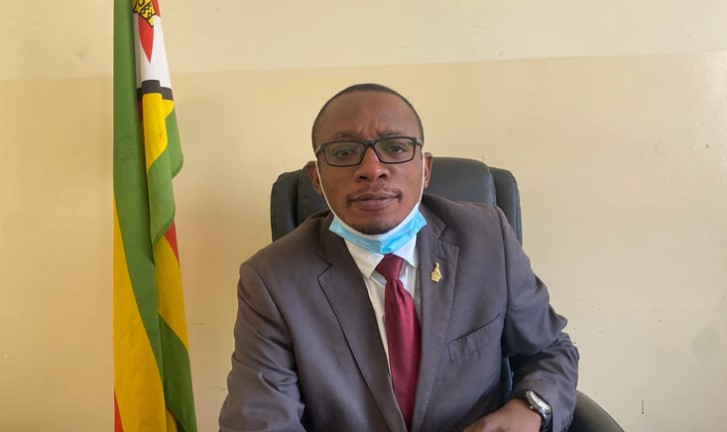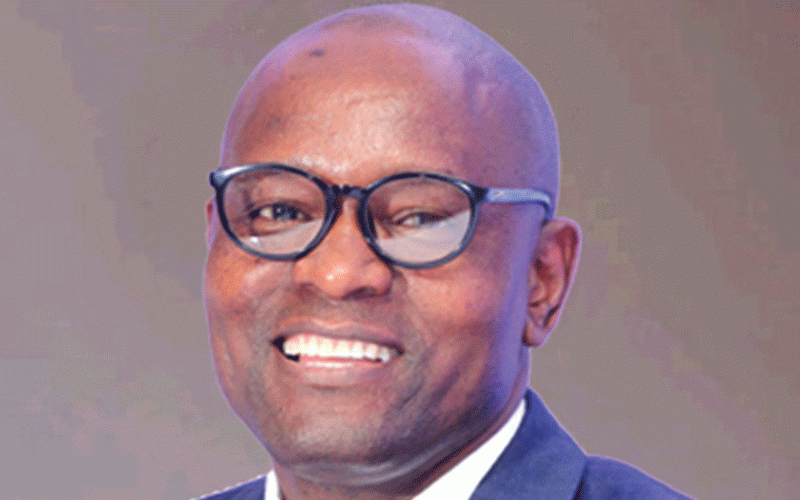GOVERNMENT has finalised the Teaching Professional Council Bill, a piece of legislation aimed at establishing a regulatory framework to uphold high moral standards, ethical conduct and professional excellence among teaching professionals in Zimbabwe.
The Bill is now set to be presented to Parliament, following extensive consultations and input from various stakeholders.
Addressing the media yesterday, Primary and Secondary Education ministry director of communications and advocacy Taungana Ndoro expressed satisfaction with the progress of the Teaching Profession Council Bill, which is now ready for Parliament.
“We are very pleased that the Ministry of Primary and Secondary Education has a draft Teaching Professional Council Bill, which we concluded with various stakeholders,” he said.
“Among them were teachers’ unions, other government arms and the ministry itself. This Bill is designed to restore the dignity of the teaching profession.”
- Triangle retrenches as economy bites
- Caledonia in US$42 million capex drive for 2025
- Mukuru launches mobile wallet in Zim to bolster financial inclusion
- Economy heads for a bloodbath: Biti
- NBS completes Glaudina housing project ahead of schedule
Ndoro emphasised that the new Bill will require all teachers in Zimbabwe to be registered with the Teaching Professional Council, which will be established under the new law.
“This council will act as the regulatory body for teachers, enforcing professional standards and ensuring that only qualified individuals are allowed to teach. No school will be allowed to engage a person as a teacher who is not a member of the Teaching Professional Council.
“The Bill also outlines additional benefits for teachers, such as improved conditions of service and a streamlined registration process, all aimed at enhancing the status and welfare of teaching professionals in the country,” he stated.
Zimbabwe Teachers Association chief executive officer Sifiso Ndlovu welcomed the establishment of the Teaching Professional Council of Zimbabwe, which he believes will drive excellence in the education sector.
“The aim of this is to uplift the standards of teaching in the country and guarantee the service receivers a quality delivery of services by teachers and the government of Zimbabwe,” he said.
“We are looking at how we can promote the professionalisation of teaching, by ensuring continuous professional development and by also ensuring that there is self-regulation where teachers can have control of their own profession and destiny, and be certain that their welfare will be uplifted.”
The Bill is seen as a significant step towards aligning the country’s education sector with the government’s broader vision of becoming an upper-middle-income economy by 2030.
By setting a legal framework that regulates and monitors the teaching profession, government aims to elevate the quality of education in Zimbabwe, ensuring that students receive the best possible instruction from highly qualified and ethically sound teachers.













